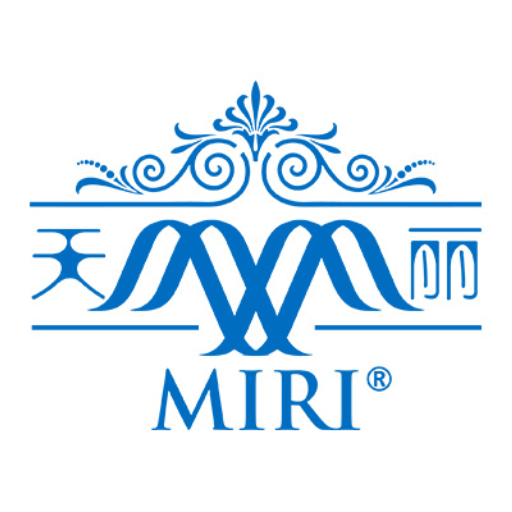Menopause Naturally: A Holistic Guide to Embracing Your Body’s Transformation
Menopause marks a significant transition in a woman’s life, representing the end of reproductive years and the beginning of a new chapter. While this natural process often comes with its share of challenges, understanding what’s happening to your body and adopting a holistic approach can help you navigate this journey with grace and vitality.
What exactly is menopause? Medically defined as the point when you’ve gone 12 consecutive months without a menstrual period, menopause typically occurs between ages 45-55. This transition is triggered by declining ovarian function and reduced production of key hormones, primarily estrogen and progesterone. These hormonal changes can bring about a variety of physical and emotional symptoms that vary greatly from woman to woman.
Common Menopause Symptoms
The symptoms of menopause are well-documented but often misunderstood. Hot flashes and night sweats are among the most famous complaints, affecting up to 75% of women. These sudden feelings of heat can cause flushing, sweating, and intense discomfort. Other common symptoms include:
- Vaginal dryness and discomfort during intercourse
- Sleep disturbances and insomnia
- Mood swings and emotional changes
- Memory lapses and difficulty concentrating
- Decreased libido
- Changes in skin and hair
- Weight gain, particularly around the midsection
These symptoms are not just “in your head” – they’re physiological responses to changing hormone levels that affect multiple body systems.
Natural Approaches to Managing Menopause
While hormone replacement therapy (HRT) has been a conventional treatment option, many women seek natural approaches to manage their symptoms. The beauty of menopause is that it presents an opportunity to fine-tune your lifestyle and self-care practices for long-term wellness.
Dietary choices play a crucial role in managing menopausal symptoms. Increasing your intake of phytoestrogens – plant compounds that mimic estrogen – can help balance hormones. Foods rich in phytoestrogens include soy products, flaxseeds, chickpeas, and lentils. Building a diet rich in calcium, vitamin D, and magnesium is essential for maintaining bone health during this period, as declining estrogen can lead to bone density loss.
Regular physical activity remains vital during menopause. Weight-bearing exercises like walking, jogging, strength training, and yoga not only help maintain bone density but can also improve mood, sleep quality, and overall energy levels. Exercise has even been shown to reduce the frequency and intensity of hot flashes in many women.
Stress management techniques are equally important. Chronic stress can exacerbate menopausal symptoms and create a vicious cycle. Practices like meditation, deep breathing exercises, tai chi, or spending time in nature can help regulate the body’s stress response and provide relief from symptoms like hot flashes and sleep disturbances.
For those experiencing more challenging symptoms or looking for additional support, targeted supplements can be beneficial. The Miri Feminine Essence is specifically formulated to reduce common menopause symptoms, support hormone balance, and enhance overall female vitality. This natural approach can help manage symptoms without the potential side effects associated with conventional hormone therapies.
Another important consideration for menopausal women is collagen production. As estrogen levels decline, collagen production decreases, leading to changes in skin elasticity and joint health. Supplementing with a high-quality collagen protein can help maintain skin hydration, strengthen joints, and support overall connective tissue health. The Miri Collagen Protein offers an excellent solution to address the age-related decline in natural collagen production that often accelerates during menopause.
For insights into related topics, our guide on Menopause and Bone Health: Strengthening Your Foundation Naturally provides additional information on maintaining bone density during this transition period.
Remember, menopause is not a disease but a natural transition phase of life. By embracing a holistic approach that combines nutrition, exercise, stress management, and targeted supplementation when needed, you can navigate this transition with confidence and emerge with renewed energy and vitality.
As you journey through menopause, be patient and compassionate with yourself. Every woman’s experience is unique, and what works for one may not work for another. Listen to your body, honor your needs, and seek support when necessary. With the right approach, menopause can be the beginning of your most empowered and authentic chapter yet.
